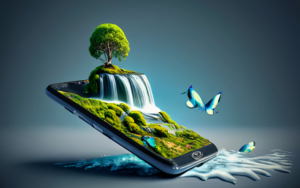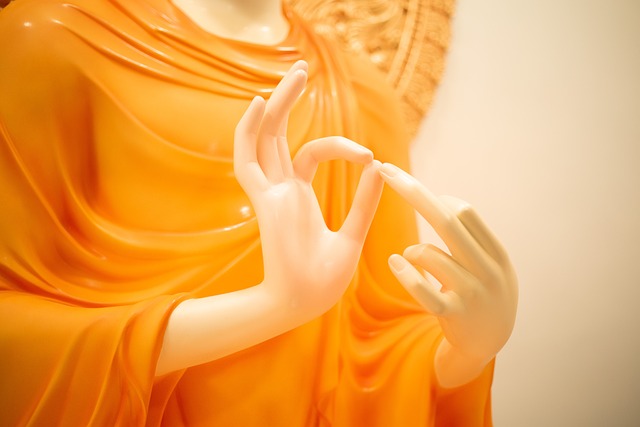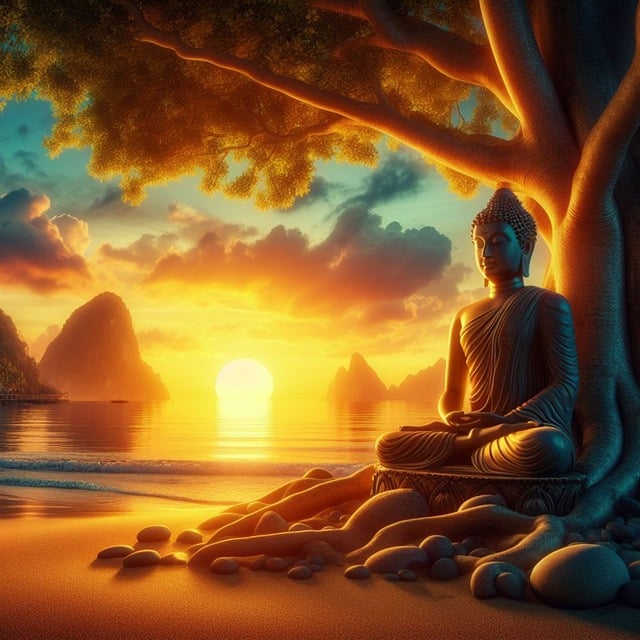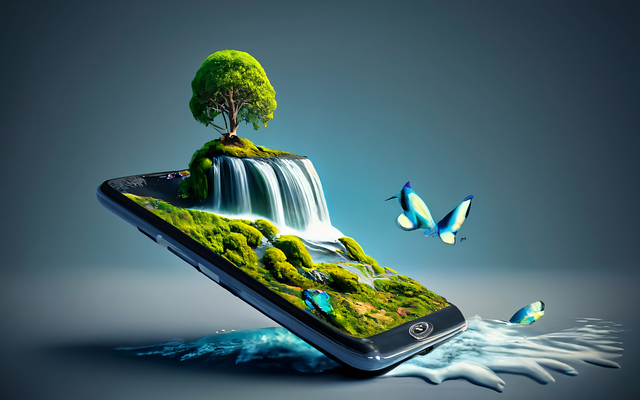In the vast tapestry of human emotions, love stands out as the most celebrated yet complex feeling, weaving together unparalleled warmth, profound connection, and, at times, heart-wrenching challenges. This multi-faceted emotion transcends time, culture, and language, shaping our lives in profound ways. From the first flush of a crush to the deep bond shared in long-term partnerships, the experience of love is as diverse as it is universal. Yet, in our rapidly changing world, the dynamics of love and relationships are continually evolving, presenting new challenges and opportunities for connection. In this article, we embark on a journey to explore the many faces of love, delving into its complexities and the myriad ways it manifests in our lives. We will navigate the often-tumultuous seas of modern love and relationships, understanding how societal shifts and technological advancements are reshaping our romantic engagements. Furthermore, we will underscore the importance of cultivating self-love, not merely as a trendy concept but as a foundational pillar for building healthy, fulfilling relationships with others. Join us as we unravel the intricate dance of love, aiming to better comprehend its powers, pitfalls, and the path to nurturing it in our lives.
- 1. The Many Faces of Love: Exploring Its Complexities
- 2. Navigating the Challenges of Modern Love and Relationships
- 3. Cultivating Self-Love: A Foundation for Healthy Relationships
1. The Many Faces of Love: Exploring Its Complexities
Love, a universally recognized emotion, bears a richness and complexity that defies simple definition. Its multifaceted nature spans a broad spectrum, encompassing everything from the passionate desire and intimacy between romantic partners to the profound, unwavering bond shared by close family members. Love can also extend to the deep and enduring friendships that shape our lives, the compassionate acts extended to strangers, and even the fervent passion one might feel for a hobby or career. This diversity, inherent in the concept of love, reveals its ability to transcend mere emotion, becoming a powerful force that motivates and shapes human behavior across cultures and societies.
The ancient Greeks were perhaps among the first to attempt to categorize love, identifying different types: Eros, the passionate love of desire and longing; Philia, the love of deep friendship; Ludus, playful love; Agape, love that is unconditional and selfless; Pragma, longstanding love; and Philautia, love of the self. These distinctions remind us that love is not a singular experience but a complex array of emotions,
2. Navigating the Challenges of Modern Love and Relationships
In the digital age, the dynamics of love and relationships have evolved, presenting both new opportunities and challenges. As we navigate the complexities of modern love, we are confronted with a landscape that is profoundly influenced by technology, changing social norms, and an increasing sense of individualism. One of the most significant changes is the way we meet and communicate with potential partners. Dating apps and social media platforms have expanded our romantic horizons but have also introduced a layer of impersonality and a paradox of choice. With endless options just a swipe away, commitment can seem daunting, and the quest for a "perfect" partner can lead to perpetual dissatisfaction.
Moreover, the rise of social media has led to constant comparisons, where the curated, highlight reels of others' relationships can undermine our contentment and foster unrealistic expectations. This digital voyeurism can erode the foundation of trust and communication that relationships need to thrive. As we maneuver through these virtual landscapes, the challenge lies in balancing the digital dimensions of our love lives with the invaluable practice of nurturing connections face-to-face.
Furthermore, the evolving landscape of modern relationships is also marked by a
3. Cultivating Self-Love: A Foundation for Healthy Relationships
In the journey of fostering healthy, meaningful relationships, the significance of cultivating self-love cannot be overstated. At its core, self-love is about accepting oneself fully, understanding one’s worth, and recognizing the importance of prioritizing one's own well-being and happiness. This self-appreciation serves as the foundation upon which healthy relationships are built.
Firstly, self-love teaches us about setting boundaries. Understanding and valuing our own worth leads to the realization that it is not only okay but necessary to set boundaries in our interactions with others. These boundaries, which are essentially expressions of our needs and values, help protect our well-being. When we establish and respect these limits, we teach others how to treat us, fostering relationships grounded in mutual respect.
Secondly, cultivating self-love enhances our capacity for empathy and understanding. As we learn to navigate our own complexities and accept our flaws with kindness, we naturally extend this graciousness to others. This empathy deepens our connections, encouraging a nurturing environment where both partners feel seen and valued. Consequently, relationships burgeoned under the umbrella of self-compassion are more



























+ There are no comments
Add yours